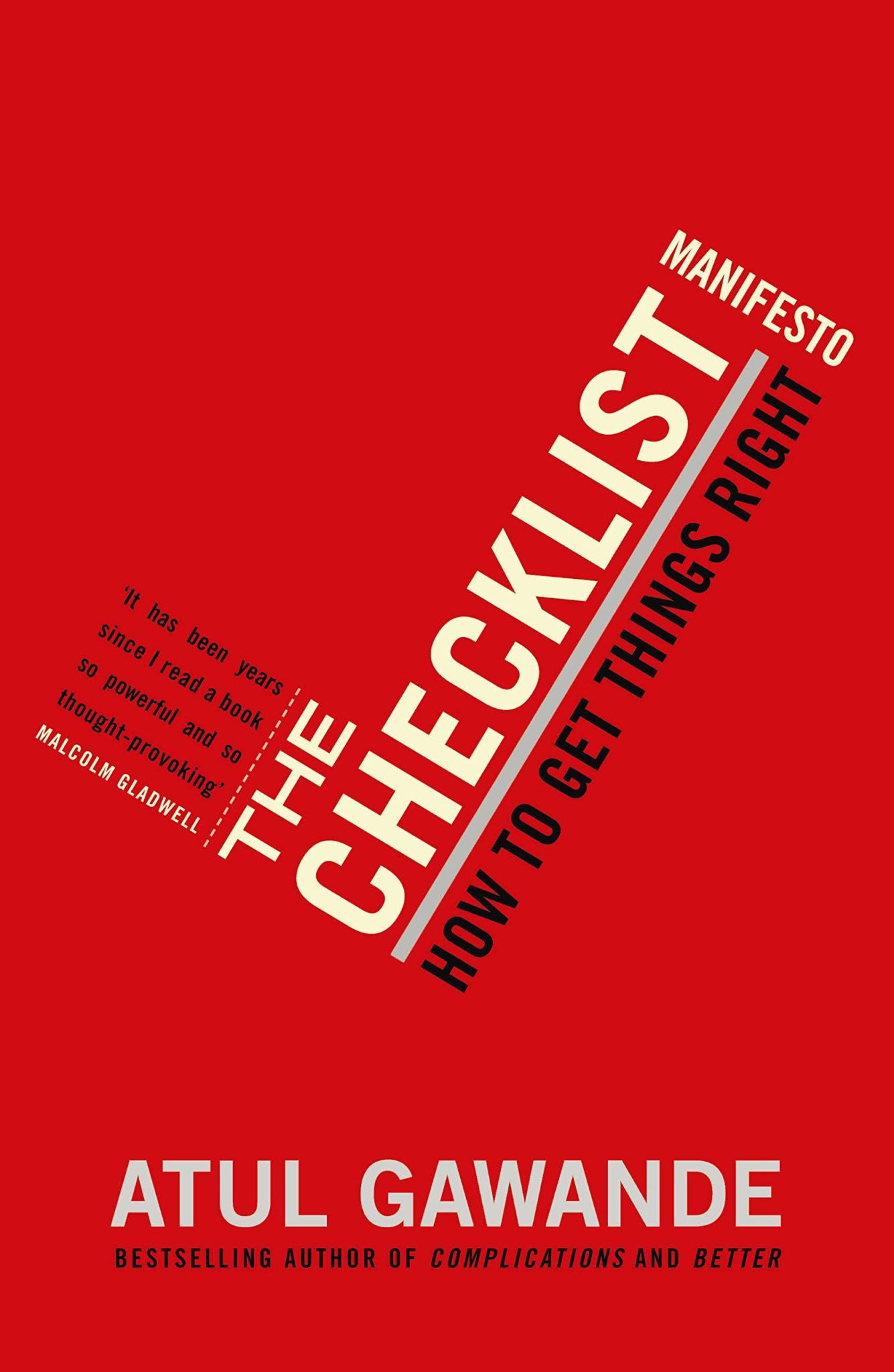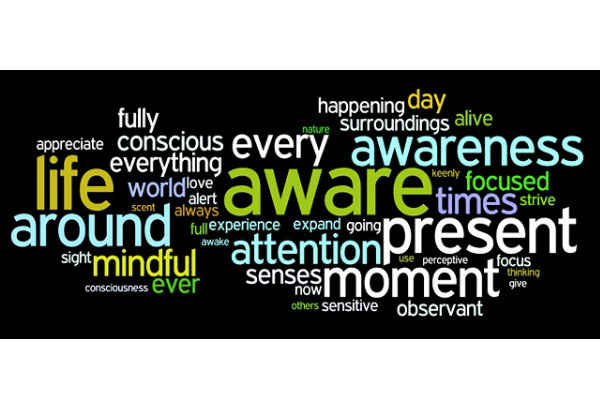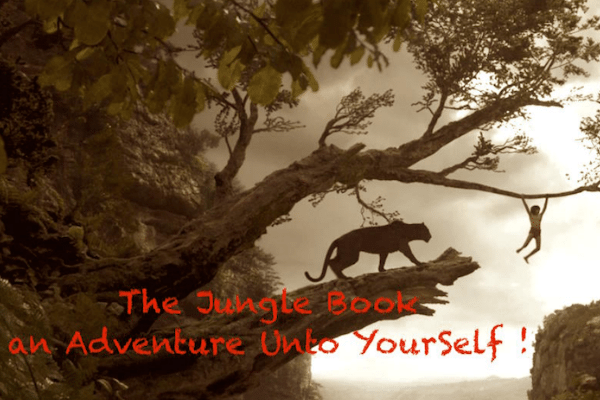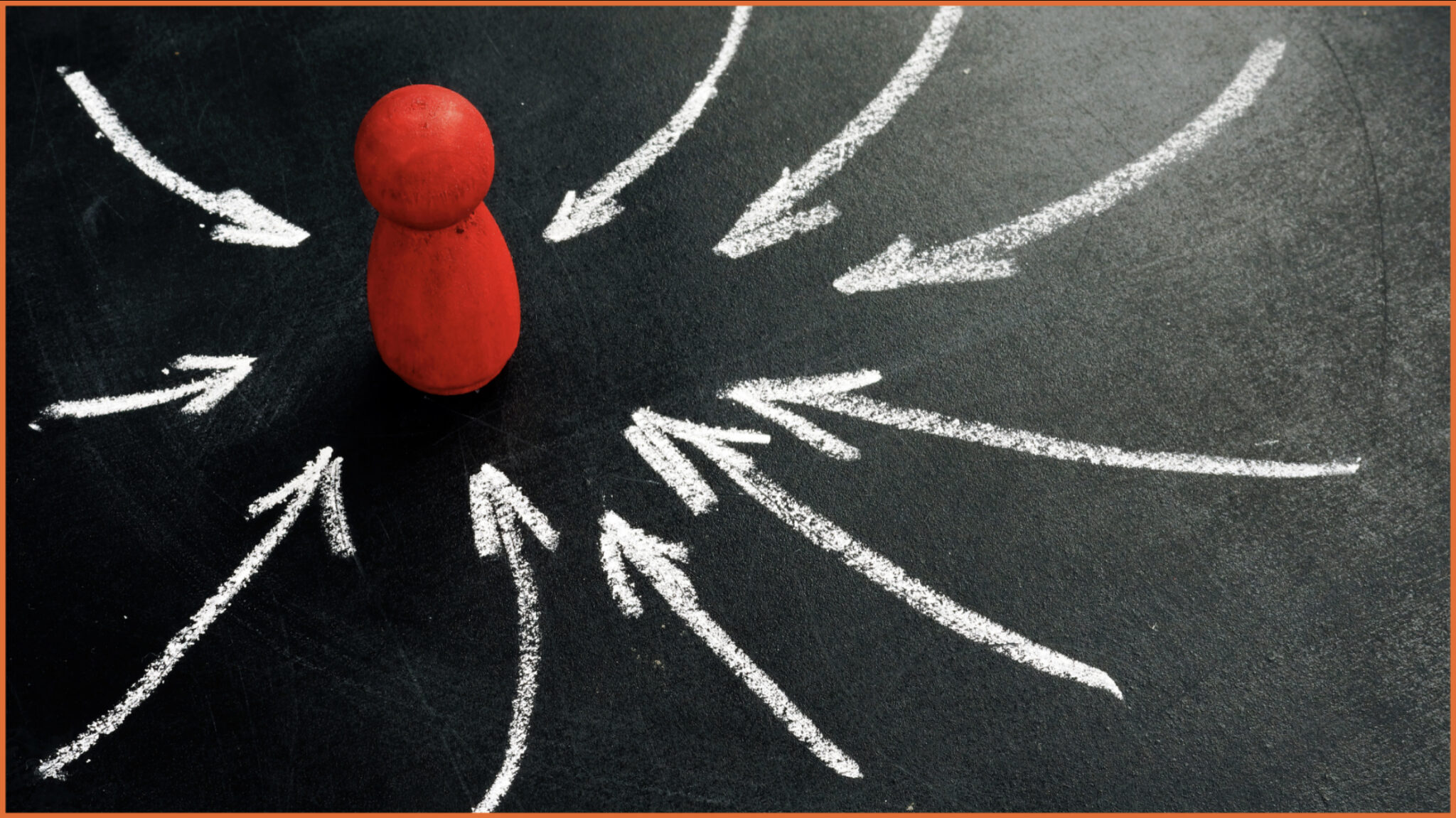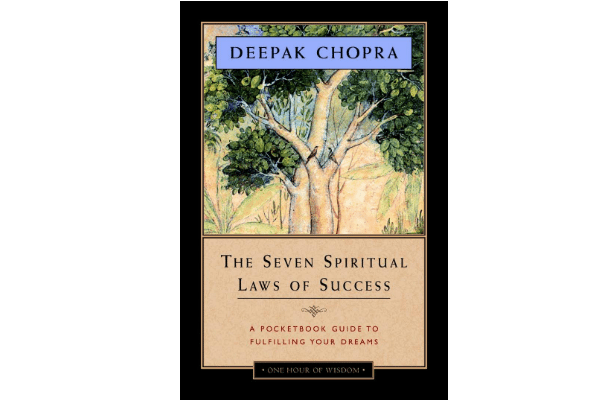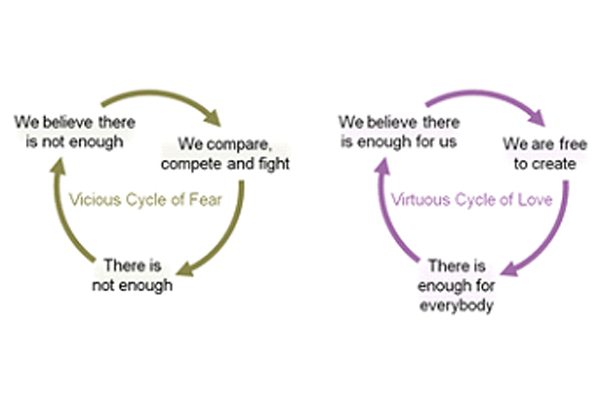“of all secrets of the river, Siddhartha today only saw one: this water ran and ran, incessantly it ran, and was nevertheless always there, was always and at all times the same and yet new in every moment!”
Herman Hesse could well have been describing the nature of “flow” as an apt metaphor for the river of life itself. Indeed, be it a pro-athlete completing a steeplechase event, a painter in deep concentration, a musician composing a new tune, or an entrepreneur whilst planning for further expansion –they all report the same sense of exhilaration, of deep enjoyment, fulfillment and of being so involved that the activity becomes spontaneous – in common parlance, referred to as being “in the zone”.
In our work as Facilitators, “Flow” assumes much significance for it is the one element that separates a “WOW” session from an “OK” one. Whilst in flow, a Facilitator finds that insightful anecdote spontaneously bursting forth and later, after the session realizes he never prepared or planned for it and yet how well it connected with the audience! Again, this same facilitator will automatically block out any tiredness, that nagging cough or cold which ofcourse, later returns with a vengeance in the immediate aftermath of the session!
The common elements in these experiences do not vary- One is so self-absorbed in the activity, that funnily enough the ‘self’ itself is absconding during that time, takes a convenient AWOL (absent without official leave) and then, in the immediate aftermath of the experience, ‘it’ just bounces from nowhere with a cheery “hi, you missed me?”. And somehow in this interim ‘loss-of-self-consciousness’ period, one has achieved great results, even a masterpiece.
Some navigational points that should be useful in this journey of ‘flow’ :-
- IT’S IN THE DOING ITSELF
Children at play do not bother of how are they being perceived and judged by others –they just be-in-the-moment as they build, break, re-build and again break without the slightest regard to how foolish or stupid they appear –they are very naturally gifted in cherishing “autotelic experiences” –experiences where the doing itself is the reward and not the expectation of some future benefit. In a spiritual context, the oft-quoted verse of the Bhagavad Gita comes to mind that extols the virtue of just doing your karma/duty without any expectation of a fruit/reward.
In a spiritual context, the oft-quoted verse of the Bhagavad Gita comes to mind that extols the virtue of just doing your karma/duty without any expectation of a fruit/reward. - FIND YOUR “AUTHENTIC SWING”
This concept is beautifully presented in the movie “Legend of Bagger Vance” ,where a mystical caddy (Will Smith) guides a disillusioned golfer (Matt Damon) and helps the latter find his ‘lost’ swing –the swing here is a metaphor for your natural aptitude, for what you are truly meant to do, which helps one find meaning in life. The scriptures refer to this as finding your ‘Swadharma’ –your own innate nature that helps maximize your potential; following someone else’s path goes against the core of your being and therefore stunts your growth. One will “flow” effortlessly when he is aligned with his swadharma –that is, his own authentic swing. - BE PASSIONATE
Passion will pretty much ‘flow’ once you find your authentic swing. This point is well-enumerated here. - GET THE CHALLENGE RIGHT
In his seminal work “Flow: the psychology of optimal experience”, Csikszentmihalyi shares some very interesting findings from over two decades of extensive research.He talks about balancing the challenge in an activity with the right skill-set –an optimal experience – wherein the person’s energy is focused and he feels his boundaries are being pushed and tested. As Managers & Leaders, are you sure your team members are being challenged adequately with their given skill-sets? Are they going through an optimal experience?
Csikszentmihalyi also refers to three key elements that help create flow & meaning in one’s life -purpose, resolution and harmony.
a) A sense of higher goal & purpose –in the corporate context, we see many more organizations today co-creating a Vision statement or the “Bigger Picture” with their managers –the overall buy-in of the line and staff functions is extremely critical to keep the organization morale high, especially in challenging times.
b) Resolution – while one can keep in mind the larger picture, there has to be a demonstrated resolve and dedication to see it through to the end, else the higher goal statement will ring hollow and lack credibility
c) Harmony – An inner harmony of mind and body being integrated to a unified flow experience. This last element is probably the toughest to achieve and is dynamic in its very nature. When in harmony, the below words will find greater resonance with you.
“the river is everywhere at once, at the source and at the mouth, at the waterfall, at the ferry, at the rapids, in the sea, in the mountains, everywhere at once, and that there is only the present time for it, not the shadow of the past, not the shadow of the future” –Herman Hesse
Do share your thoughts/stories on how “flow” impacts you and your organization?

